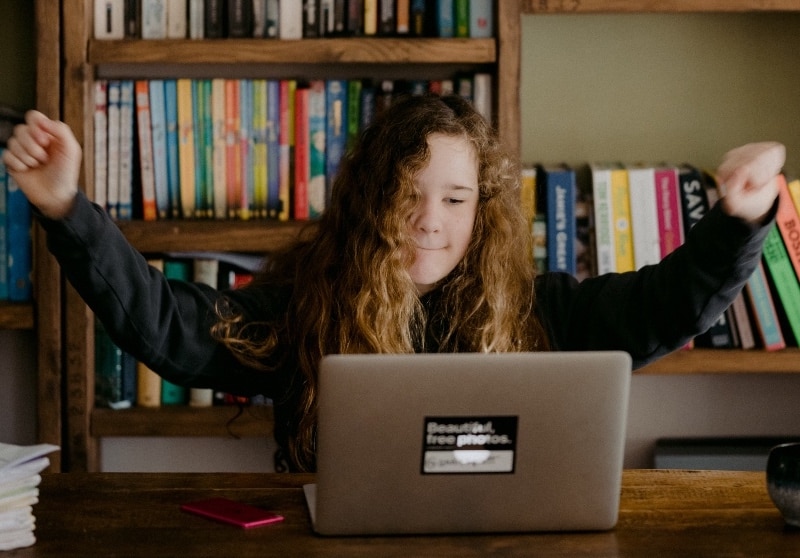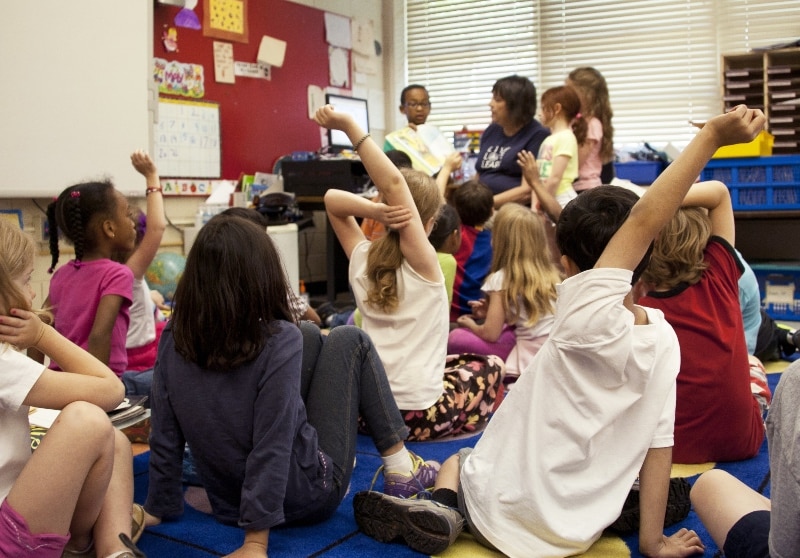
Autism Conference Bonus Talk: Metacognition Support for Autism
How can the principles of metacognition help children with autism? Liz Keable returns to highlight how considering the way we think can help autistic students.

How can the principles of metacognition help children with autism? Liz Keable returns to highlight how considering the way we think can help autistic students.

In this webinar, Ariana Wells from the Teacher Development Trust speaks to us about the benefits of adaptive teaching, a more helpful and practical model than differentiation. Adaptive teaching involves being responsive to information about learning, adjusting teaching to better match the student, and using a student’s prior knowledge as a foundation for teaching new information. Ariana provides some practical advice for teachers and school staff and how to create the best, most encouraging and accessible learning environment for all students.

What can parents do to enable children to reach their learning potential? In this webinar, Liz Keable gives us strategies for promoting metacognition at home and talks us through the benefits of helping children to think about their learning.

In this podcast, Dr Weston talks with Patrice Bain, educator, speaker and author, about her new book, A Parent’s Guide to Powerful Teaching. In it, they discuss some of the science behind how children learn and Patrice outlines practical and simple strategies that parents can use at home with their children to optimise learning. You’ll also learn more about why it’s important to discuss learning processes with children, how to help with revision and retrieval and how to avoid cognitive overload.

In this podcast, Dr Weston talks with Sarah Dowey about implementing metacognitive teaching practices. Sarah is a secondary English teacher and is currently studying for her PhD, which focuses on teacher understanding and awareness of the use of metacognition and self-efficacy in face to face teaching. They discuss effectively modelling techniques, dispel some myths about metacognition and reference some further resources of use to teaching staff everywhere.

When children are learning, they should ideally feel challenged, but not overwhelmed. It’s important to help them recognise how different types of tasks make them feel, what aspects of their learning they might need to challenge themselves further with, and also what kinds of things they find hard to approach, which could make them feel out of control or panicky, potentially reducing their levels of motivation. Encouraging them to reflect on their learning, how they feel and strategies they can use to help, is an important part of becoming an effective, metacognitive learner. Use this template to prompt discussion at school or at home.

Dr Weston talks with memory and metacognition expert, Julie Kettlewell, about the importance of teaching children metacognitive strategies and the potential impact on their educational outcomes. They clarify exactly what metacognition is, have an in depth discussion about best practice in the classroom and outline practical tips for teachers to employ. Julie talks us through various evidence-based strategies that educators can use flexibly in the classroom, in response to their pupils’ individual needs. This is a video version of our podcast interview with Julie.

In this podcast, Dr Weston talks with memory and metacognition expert, Julie Kettlewell, about the importance of teaching children metacognitive strategies and the potential impact on their educational outcomes. They clarify exactly what metacognition is, have an in depth discussion about best practice in the classroom and outline practical tips for teachers to employ. Julie talks us through various evidence-based strategies that educators can use flexibly in the classroom, in response to their pupils’ individual needs.

Asking children questions and then allowing them to think through a response is a great way to activate their thinking. We’ve teamed up with The Philosophy Foundation to bring you some top tips for asking questions effectively and unlocking young people’s potential. They work just as well whether you are a parent at home or a teacher at school. Give some of these strategies a try and let us know how they go.

In this podcast, Dr Weston talks to Peter Worley about how to cultivate philosophical enquiry in children. They discuss what philosophy is, what sort of questions will get our children thinking philosophically and what the benefits are, both at home and at school. Peter, who is CEO of The Philosophy Foundation, outlines his own dialectical method for teaching children philosophy in the classroom.


